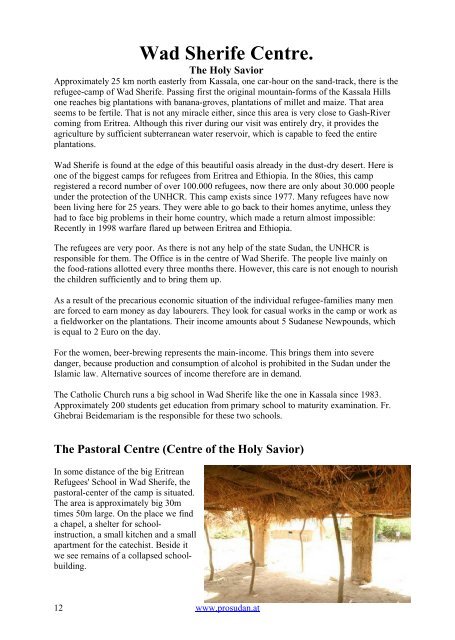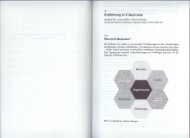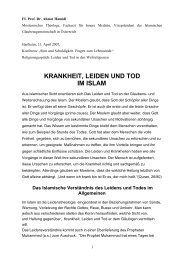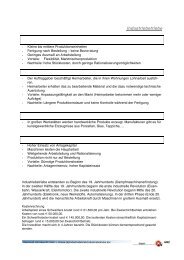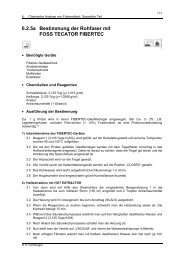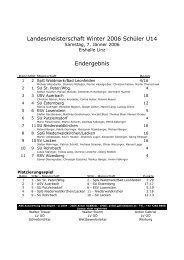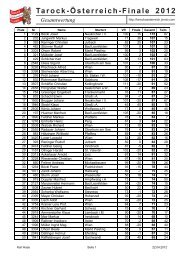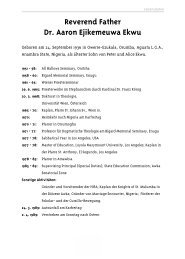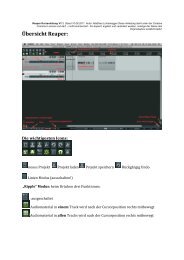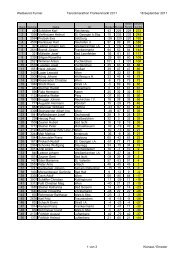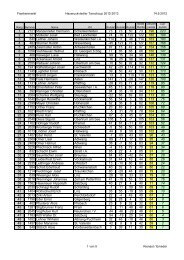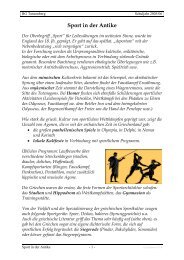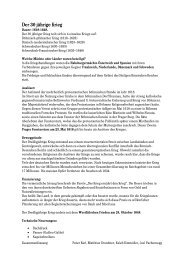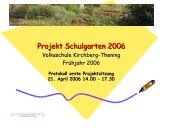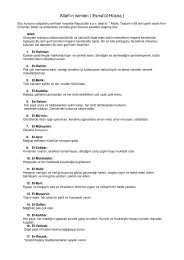Catholic Church Good Shepherd Parish Kassala Sudan
Catholic Church Good Shepherd Parish Kassala Sudan
Catholic Church Good Shepherd Parish Kassala Sudan
- No tags were found...
Create successful ePaper yourself
Turn your PDF publications into a flip-book with our unique Google optimized e-Paper software.
Wad Sherife Centre.<br />
The Holy Savior<br />
Approximately 25 km north easterly from <strong>Kassala</strong>, one car-hour on the sand-track, there is the<br />
refugee-camp of Wad Sherife. Passing first the original mountain-forms of the <strong>Kassala</strong> Hills<br />
one reaches big plantations with banana-groves, plantations of millet and maize. That area<br />
seems to be fertile. That is not any miracle either, since this area is very close to Gash-River<br />
coming from Eritrea. Although this river during our visit was entirely dry, it provides the<br />
agriculture by sufficient subterranean water reservoir, which is capable to feed the entire<br />
plantations.<br />
Wad Sherife is found at the edge of this beautiful oasis already in the dust-dry desert. Here is<br />
one of the biggest camps for refugees from Eritrea and Ethiopia. In the 80ies, this camp<br />
registered a record number of over 100.000 refugees, now there are only about 30.000 people<br />
under the protection of the UNHCR. This camp exists since 1977. Many refugees have now<br />
been living here for 25 years. They were able to go back to their homes anytime, unless they<br />
had to face big problems in their home country, which made a return almost impossible:<br />
Recently in 1998 warfare flared up between Eritrea and Ethiopia.<br />
The refugees are very poor. As there is not any help of the state <strong>Sudan</strong>, the UNHCR is<br />
responsible for them. The Office is in the centre of Wad Sherife. The people live mainly on<br />
the food-rations allotted every three months there. However, this care is not enough to nourish<br />
the children sufficiently and to bring them up.<br />
As a result of the precarious economic situation of the individual refugee-families many men<br />
are forced to earn money as day labourers. They look for casual works in the camp or work as<br />
a fieldworker on the plantations. Their income amounts about 5 <strong>Sudan</strong>ese Newpounds, which<br />
is equal to 2 Euro on the day.<br />
For the women, beer-brewing represents the main-income. This brings them into severe<br />
danger, because production and consumption of alcohol is prohibited in the <strong>Sudan</strong> under the<br />
Islamic law. Alternative sources of income therefore are in demand.<br />
The <strong>Catholic</strong> <strong>Church</strong> runs a big school in Wad Sherife like the one in <strong>Kassala</strong> since 1983.<br />
Approximately 200 students get education from primary school to maturity examination. Fr.<br />
Ghebrai Beidemariam is the responsible for these two schools.<br />
The Pastoral Centre (Centre of the Holy Savior)<br />
In some distance of the big Eritrean<br />
Refugees' School in Wad Sherife, the<br />
pastoral-center of the camp is situated.<br />
The area is approximately big 30m<br />
times 50m large. On the place we find<br />
a chapel, a shelter for schoolinstruction,<br />
a small kitchen and a small<br />
apartment for the catechist. Beside it<br />
we see remains of a collapsed schoolbuilding.<br />
12 www.prosudan.at


